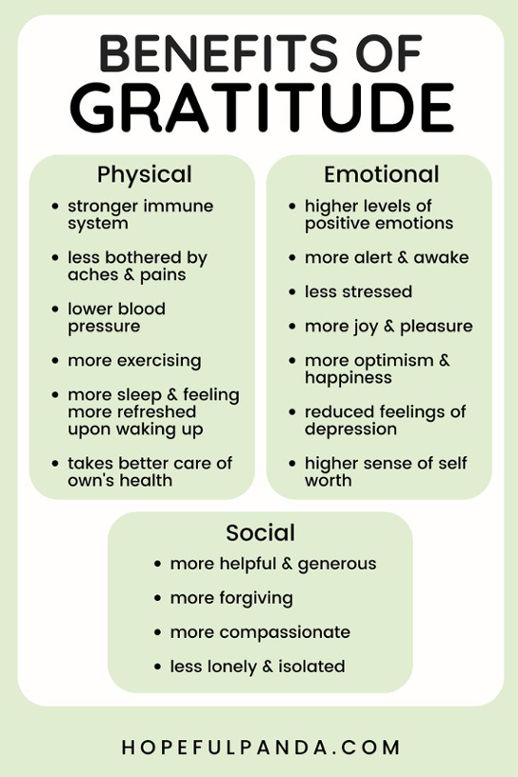Everyone feels down from time to time. Whether it’s due to stress, personal issues, or just one of those days, it’s essential to know things you can do when you feel down to lift your spirits.
Ignoring these feelings can lead to more significant mental health issues. That’s why it’s crucial to take action.
In this article, we’ll explore ten things you can do when you feel down to improve your mood and mental well-being. By incorporating these activities into your routine, you can better manage your emotions and enhance your overall quality of life.
Interesting reads for you: Beginner Yoga Routines for Stress Relief, Unlocking Holistic Health and Well-being, and Healthy Habits for Better Sleep
1. Practice Mindfulness or Meditation
Mindfulness and meditation are excellent ways to center yourself. This involves focusing your mind on the present moment, which helps to reduce stress and anxiety.
Regular mindfulness or meditation can lead to improved emotional health, better concentration, and a more positive outlook on life.
Try a simple exercise: sit quietly, close your eyes, and focus on your breathing. Notice the sensation of each breath in and out, and gently bring your mind back whenever it wanders.
Even just a few minutes a day can make a significant difference in your mood. Additionally, guided meditation apps and online resources can provide structured sessions to help you get started.
2. Physical Activity
Engaging in physical activity is a powerful mood booster. Exercise releases endorphins, the body’s natural “feel-good” chemicals. It also helps reduce stress and anxiety while improving overall physical health.
You don’t need an intense workout; even a brisk walk, a session of yoga, or dancing to your favorite music can make a significant difference.
Find an activity you enjoy and make it a regular part of your routine. If you prefer structured exercise, consider joining a gym or fitness class.
Alternatively, if you’re an outdoorsie person, a simple walk or exploring activities like hiking or cycling can provide both physical benefits and the added advantage of spending time in nature, which has been shown to improve mental well-being.
3. Connect with Loved Ones
Human connections are vital for emotional well-being. When you’re feeling down, reaching out to your besties or family can provide the support and comfort you need.
These interactions offer emotional reinforcement and remind you that you’re not alone. Call a friend for a chat, meet a family member for coffee, or join a random group activity in near you.
Sharing your feelings with others can lighten your emotional load and foster deeper connections. If in-person meetings are not possible, virtual hangouts via video calls can also be effective.
Engaging in meaningful conversations and shared activities can help strengthen your bonds and provide a sense of belonging and comfort.
4. Engage in a Hobby
Hobbies are more than just a way to pass the time; they can be a source of joy and fulfillment. Engaging in activities you love helps distract you from negative thoughts and brings pleasure into your life.
Whether it’s painting, reading, gardening, or any other hobby you like, dedicating time to these activities can significantly lift your mood.
Rediscover a hobby you used to love or try something new that interests you. Consider joining clubs or online communities related to your hobbies to connect with others who share your interests.
Engaging with a community can provide additional motivation and inspiration, further enriching your experience.
5. Practice Gratitude
Gratitude practice involves focusing on the positive aspects of your life. Basically, “look on the bright side”. Shifting your focus from what’s wrong to what’s right can improve your mood and overall outlook.
Start by keeping a gratitude journal where you list five things you’re thankful for each day. This simple practice can help you recognize and appreciate the good things, even when times are tough and you feel down.
Over time, it fosters a more optimistic mindset. You can also share your gratitude with others by expressing appreciation for their support and kindness.
Practicing gratitude can be a transformative habit that enhances your perspective and fosters positive attitude to life.
6. Listen to Music
Music has a profound impact on our emotions. Listening to your favourite, uplifting, NOT SAD songs can be incredibly uplifting and soothing. Leave the sad songs alone for now.
Create a playlist of songs that make you feel happy and energetic. Play it whenever you need a mood boost. Whether it’s upbeat pop, calming classical, or anything in between, music can be a powerful tool to lift your spirits.
Singing along or even playing a musical instrument can further enhance the positive effects. Consider exploring new genres or artists to expand your musical horizons and discover new sources of enjoyment and inspiration.
7. Volunteer or Help Others
Helping others can also help you feel better. Volunteering or performing acts of kindness provides a sense of purpose and connection to the community.
It’s rewarding to know that you’re making a positive impact. Look for local organizations that need volunteers, or find small ways to help those around you, such as assisting a neighbor or donating to a cause you care about.
Engaging in selfless activities can shift your focus from your own worries to the needs of others, fostering a sense of fulfillment and interconnectedness.
Volunteering can also provide opportunities to develop new skills and meet new people, further enriching your quality of life.
8. Practice Deep Breathing Exercises
Deep breathing exercises are an effective way to reduce stress and promote relaxation immediately. Controlled breathing helps calm the mind and body, making it easier to manage negative emotions.
Try this simple exercise: inhale deeply through your nose for a count of four, hold for a count of four, exhale slowly through your mouth for a count of four, and hold again for a count of four.
Repeat this cycle several times until you feel more relaxed. Incorporating deep breathing into your daily routine can help maintain a state of calm and balance.
You can practice deep breathing anywhere and anytime, making it a convenient tool for managing stress on the go.
9. Limit Social Media and News Consumption
Excessive social media and news consumption can negatively impact your mood. Constant exposure to negative news and the pressure of social comparisons can increase anxiety and depression.
Set specific times to check social media and the news, and stick to them. Taking breaks from these platforms allows you to focus on real-life interactions and activities that bring you joy.
Consider setting boundaries such as no screen time during meals or before bed. Engage in offline activities like reading, exercising, or spending time with loved ones to create a healthier balance.
By limiting exposure to potentially distressing content, you can reduce stress and improve your mental well-being.
10. Seek Professional Help if Needed
Recognizing when to seek professional help is crucial. If you find that your feelings of sadness persist or worsen, it may be time to talk to a therapist or counselor.
Professional support can provide you with tailored strategies and interventions to improve your mental health. Don’t hesitate to reach out to mental health hotlines or seek a referral from your primary care provider.
Therapy can offer a safe space to explore your feelings and develop coping mechanisms. Additionally, therapists can provide guidance on managing stress and building resilience.
Seeking professional help is a proactive step towards maintaining your mental health and well-being.
Feeling down is a natural part of life, but it’s important to take proactive steps to improve your mood. Practicing mindfulness, engaging in physical activity, connecting with loved ones, and exploring hobbies can make a significant difference.
Additionally, practicing gratitude, listening to music, helping others, practicing deep breathing, limiting social media, and seeking professional help when necessary are all effective ways to lift your spirits.
Try incorporating these activities into your routine and discover what works best for you. Remember, taking care of your mental health is just as important as taking care of your physical health.
By prioritizing your emotional well-being, you can enhance your overall quality of life and better navigate the ups and downs of everyday life.










